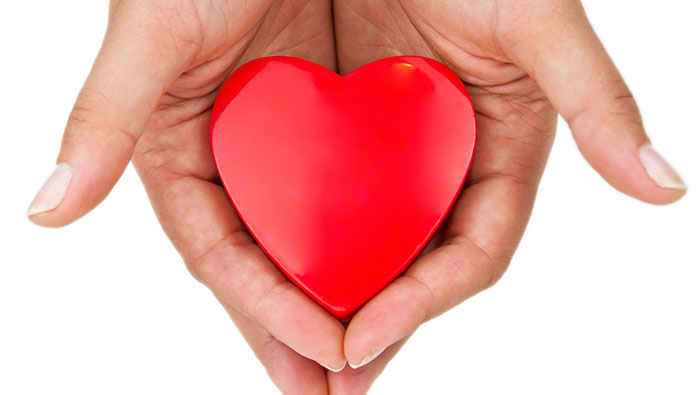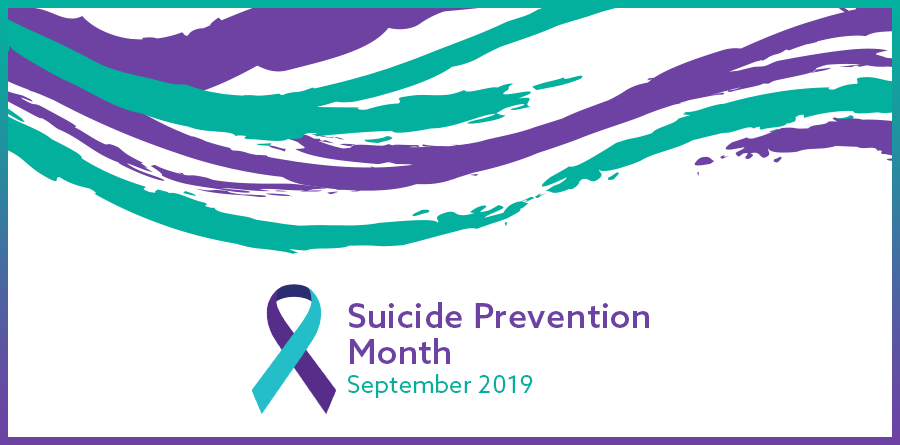
The Therapeutic Benefits of Journaling

Journaling. Does the word spark joy or dread? A practice that involves writing down your feelings and experiences on a regular basis. It’s inexpensive and easily accessible, only requiring a pad, a pencil and about 20 minutes of your time.
But for many people this idea sounds painful. Writing for some is filled with apprehension and self-doubt. The idea of doing it voluntarily and routinely, especially while stuck at home during this pandemic, may seem like torture. And why would you add to your misery? Even for those whom find writing rewarding, setting the time aside to journal can feel like work. So why should you do it? And why should you do it now?
For starters, therapeutic journaling has many actual health benefits. Yeah, yeah, another thing to put on that endless list of health habits, but scientific evidence has shown that journaling not only reduces stress and anxiety, it also strengthens your immune system, decreasing symptoms of asthma, arthritis, and other health conditions. And what better time than now to strengthen your mind and body?
Living in the time of this pandemic has altered the way we live. You may now be working from home, teaching your kids at home, or working in a front-line job. Whatever the case, we’re all dealing with added stress.
Science has shown that the actual act of putting a pencil to paper accesses the analytical and rational part of your brain, freeing the right side of your brain to create and feel. And writing about your emotions, especially without concern for what others think or feel about you, can be cathartic. You can express yourself, your thoughts and anxieties, openly and honestly without judgment. Your only audience is you. And by getting your feelings on paper and out of your head, it decreases the overwhelming feelings of upset or anger that they may be causing you. The process also allows your subconscious mind to become present, bringing understanding and insight about yourself and your difficulties. It can improve your mood and bring you an overall sense of happiness.
Journaling has also been shown to improve cognitive functioning and helps with analytic thinking. Writing down your thoughts or struggles provides distance by giving you time to go back and look at what you’ve written, seeing it in a new light. You’ll generate observations that will help you problem solve and grow.
To be clear, therapeutic journaling is not quite the same as keeping a diary. In a diary, one traditionally writes about events of their day, chronicling their life. In therapeutic journaling, the aim is to process your thoughts and feelings about the events of that day.
Many experts say that in order to be most effective, you should give your journal twenty minutes of your time. And then write. Forget about spelling, punctuation or sentence structure. Pick a topic, or a theme. Write your stream of consciousness and just let your writing flow.
Now is a good time while you likely have extra time to go get started.
Stress and Exhaustion Can Lead to Higher Risk of Heart Disease

February was American Heart Month and it’s always a good reminder for individuals to focus on their hearts. New research suggests that if you’re feeling chronic stress and burnout, otherwise known as mental and physical exhaustion, you could be at a higher risk for Atrial fibrillation (also known as AFib). AFib is the most common heart rhythm disorder and leading cause of stroke in the U.S. and Europe, affecting more than 33 million people worldwide.
Studies in the past have linked stress, obesity, high blood pressure, and smoking as prime risk factors of other heart disease, but this new study is the first to really link exhaustion to potentially increasing one’s risk for a cardiac arrhythmia.
According to the American Institute of Stress, 80% of American workers say they feel stress on the job, and half of those say they need help with managing stress. But it’s more than work – it’s the 24-hour news cycle, the constant connection to social media, and a race to be the best at what you do, both at home and at work. Burnout and fatigue can be any type of stressor, not just work, but personal stress or home/family tension, affecting anyone who is chronically stressed and who suffers from chronic exhaustion.
When it comes to AFib, past study results have been mixed. Some studies have shown a link between AFib and anger or post-traumatic stress syndrome, while others suggest depression and other psychosocial impacts are a result of having the condition rather than a cause of it. In this recent study, people who scored the highest in “vital exhaustion” were more likely to develop AFib. It’s associated with increased inflammation and increased activation of the body’s physiologic stress response. When these two things are chronically activated, they can have serious and damaging effects on the heart tissue, which could eventually lead to this arrhythmia.
The current study is a preliminary, first-step evaluation that needs more research. However, the main take-home message is that high levels of stress or exhaustion can have an impact on your heart, as well as your mind.
Suicide Prevention Month

September is Suicide Awareness and Prevention Month with National Suicide Prevention Week September 8-14, 2019. During this annual campaign, individuals and organizations join together to raise awareness and provide education. Many suicides can be prevented by knowing the warning signs and what to do if they are present.
According to the International Association for Suicide Prevention (IASP), Every year, suicide is among the top 20 leading causes of death globally for people of all ages. More people in the world die from suicide in the world than by war and murder combined. In the United States, suicide is the 10th leading cause of death overall and the second leading cause of death for individuals ages 10-34. Every day approximately 123 Americans die by suicide. Suicide rates have in the US have risen 25% since 1999.
Every life lost represents someone’s partner, child, parent, friend or colleague. We can all play a role in preventing these tragedies. You don’t have to have specialized training to check in with someone you are concerned about. Individuals in distress are often not looking for specific advice. IASP urges everyone to “take a minute”
Take a minute to notice what is going on with you, your family, your friends and your colleagues
Warning signs of suicide include: hopelessness, rage, uncontrolled anger, seeking revenge, acting reckless or engaging in risky activities, feeling trapped like there’s no way out, increased alcohol or drug use, withdrawing from friends, family & society, anxiety, agitation, difficulty sleeping or sleeping all the time and dramatic mood changes.
Take a minute to reach out and start a conversation if you notice something is different. Pain isn’t always obvious, so be the one to offer kind words and the gift of your time. The listening ear of someone with compassion, empathy and a lack of judgement can help restore hope. Ask and then listen.
Take a minute to find out what help is available for both you and others
help is available for both you and others. There is help and hope. Below are resources for further education and immediate help.
www.13minutes.org
www.take5tosavelives.org
www.twloha.com
www.jasonfoundation.com
www.suicideispreventable.org
If you need immediate help:
National Suidcide Prevention Lifeline :1-800-273- TALK (8255) or text “Home” to 741-741
The Trevor Project, LGBT crisis intervention and suicide prevention hotline 1-866-488-7386
Veteran’s Crisis Line 1-800-273-8255, option 1
Hope Trust serves clients throughout the United States.

